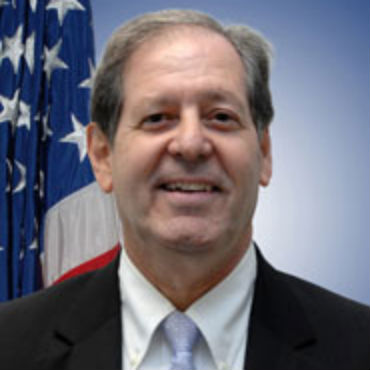Commerce aims to lead feds in data
CIO Steve Cooper is encouraging Commerce IT and data staffers to think entrepreneurially about data.

Commerce CIO Steve Cooper is looking for "some very powerful raw data" to tap.
The federal government is starting to keep score when it comes to web metrics. The newly launched analytics.usa.gov tracks traffic to federal websites. The Data.gov portal that hosts federal datasets tags the most popular. By any measure, the Department of Commerce is a hot web property, and that's just the way Secretary Penny Pritzker wants it, according to agency CIO Steve Cooper.
On any given day, but especially on days that don't fall within tax season, Commerce entities occupy four or five slots on the top 10 list of web traffic, and a similar proportion of the most downloaded datasets.
"Our secretary is competitive. She is on us to maintain this lead -- in a very positive way. She wants us to be the premiere federal government agency with regard to data," Cooper said at the ModernGov Summit in Washington, D.C., hosted by FCW's parent company 1105 Media.
Weather data from the National Oceanic and Atmospheric Administration and industrial and population and economic data from the Census Bureau are driving the traffic to Commerce. Despite the widespread interest in Commerce data, Cooper said there is more to be done.
"Most people in federal service aren't trained to think in terms of financial ROI," Cooper said. "We are always focused on delivering on the mission." he said. Additionally, the data collection and dissemination has been focused on internal government users. "We don't think of people who consume and use data as customers -- not yet."
Right now, real estate applications like Trulia and Zillow are powered by Census data and other open data sets, while the Weather Channel and other forecasting sites rely on NOAA satellite data. But the next killer app could come from inside the government. Cooper is encouraging IT and data staffers inside the department to think more entrepreneurially about data. The three largest areas of data use -- weather, demographics and economics -- can be combined and exploited in new and unimagined ways.
Cooper suggested that geospatial, satellite, economic and population data could yield whole new categories of data-based applications. "We can probably provide some very powerful raw data that can be used in all kinds of ways," he said.
NEXT STORY: Mobile's role in the big federal picture






